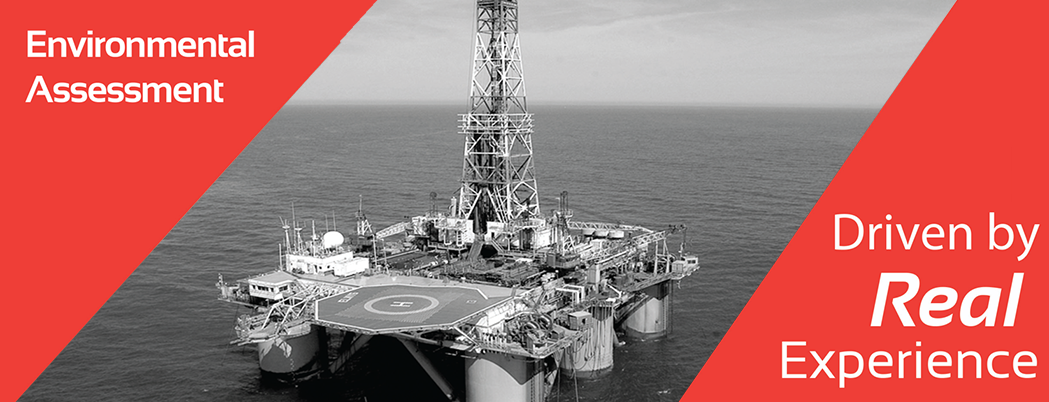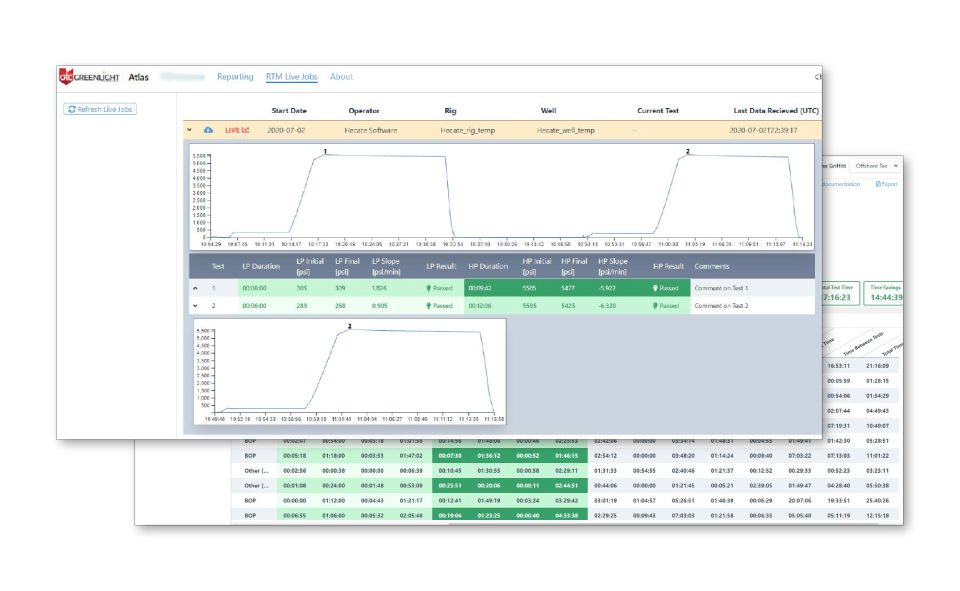- Have any questions?
- +985-727-7400
OTC Expands Environmental Assessment & Management Services

OTC’s Drilling Compliance Course Offers Many Positives for Participants
February 23, 2017
Nearly 20 IADC Offshore Drilling Regulatory Compliance Trained GreenLight Technicians Ready to Help
April 6, 2017
QHSE is always a priority in offshore operations, whether on a completions platform or a drillship; however, much of the oil and gas industry’s focus is on safety. Offshore Technical Compliance has expanded its offerings to provide focused environmental regulatory compliance support through its environmental assessment and management services division.
“Our focus is taking a proactive approach to environmental regulatory and compliance issues,” said Tina Lapene, OTC’s lead environmental assessment inspector. “It’s really about positive environmental stewardship.”
By taking a closer look at environmental issues, a company can minimize risks, prevent incidents of non-compliance, avoid potentially costly remediation expenses and operate more efficiently, Lapene said, who has nearly 20 years of experience working on the environmental side of the oil and gas industry including testing, permitting and reporting – with both operators and drilling companies.
OTC’s environmental assessment and management services cover a range of efforts including risk assessment, inspection services, analysis, reporting, procedure and system development, planning and review work and post-assessment consulting and training. Comprehensive environmental compliance services include onsite inspections, a detailed process review and a thorough records check to recommend corrective action, as needed, or encourage continuous improvement.
“The real goal of environmental regulatory and compliance services is process improvement and efficiency,” Lapene said.
She notes that there are many details and segments involved in comprehensive environmental regulatory compliance. Experienced environmental assessment personnel can create customized assessment programs that factor in water and waste concerns, air emissions and fuel efficiency. In addition to its experience in multiple environmental segments, OTC is knowledgeable in numerous environmental regulatory compliance programs.
- NPDES: The National Pollutant Discharge Elimination System permit program addresses water pollution by regulating point sources that discharge pollutants to waters of the United States. OTC assists in permitting and provides oversight and review monitoring activities and documentation. Our experienced team provides training to offshore personnel performing NPDES monitoring and develops and implements operational procedures to ensure compliance. From coordinating sample kits and testing with laboratories, to strategically produced water toxicity analysis and the preparation of all associated reports, OTC is able to provide support in every area of NPDES compliance.
- MARPOL: MARPOL (“marine pollution”) 73/78 is the International Convention for the Prevention of Pollution from Ships, and one of the most important international marine environmental conventions. OTC performs record compliance reviews in relation to MARPOL, develops procedures and implementation plans to ensure monitoring and record-keeping compliance, as well as overseeing recommended wastewater treatment equipment maintenance and monitoring.
- Marine Trash & Debris: OTC has developed an Offshore Orientation Program and provides annual training at our state-of-the-art training facility. Our team tracks contractor compliance and prepares a BSEE-required Annual Certification Letter for you.
- Vessel General Permit: OTC’s expert team uses its state-of-the-art training center to coach and train crews on vessel-specific procedures. We can also assist in developing vessel-specific monitoring and inspection procedures. In addition to general compliance, we submit the VGP Annual Report and periodic Discharge Monitoring Reports for you.
- ISO certification: Additionally, companies seeking to achieve and maintain ISO certification must ensure environmental regulatory compliance processes are well documented. OTC can help with procedure documentation to ensure compliance.
Assessment Features
OTC’s environmental assessment program includes:
- Customized assessments: OTC’s environmental assessments include the development of an environmental inspection report. A field assessment checklist is designed to verify that key aspects of oil and gas equipment meet environmental compliance requirements.
- Specialized report format: The report consists of a series of questions that require “Yes”, “No” or “NA” answers. Some require verification information to be completed in a “Company Inspector Response” column.
- Checking exercises: OTC implements exercises to “check” documents and physical locations to verify compliance requirements, and the conditions observed are documented.
- Logged action items: For any issues that are identified, for example, training needed or equipment in disrepair, an “Action Item” table at the end of the report must be completed. This table shows the documented deficiencies, the action to be taken, the party who is accountable for the completion, the completion target date and the actual completion date.
Lapene encourages companies to consider quarterly environmental assessments to ensure environmental regulatory compliance, encourage continuous process improvement and determine additional training or action that may be required.
“Being proactive about environmental regulatory compliance is key,” she said. “Whether you’ve had an environmental issue in the past, need to ensure you are in compliance on a current project or want to show investors, personnel, contractors and the public that you are willing to go above and beyond basic requirements to minimize a project’s environmental impact, having experienced environmental regulatory compliance support can help you accomplish your goals.”

